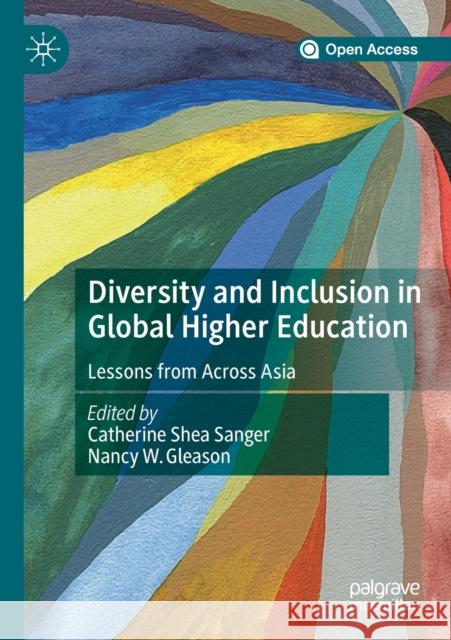Diversity and Inclusion in Global Higher Education: Lessons from Across Asia » książka
topmenu
Diversity and Inclusion in Global Higher Education: Lessons from Across Asia
ISBN-13: 9789811516306 / Angielski / Miękka / 2020 / 304 str.
Diversity and Inclusion in Global Higher Education: Lessons from Across Asia
ISBN-13: 9789811516306 / Angielski / Miękka / 2020 / 304 str.
cena 201,24
(netto: 191,66 VAT: 5%)
Najniższa cena z 30 dni: 192,74
(netto: 191,66 VAT: 5%)
Najniższa cena z 30 dni: 192,74
Termin realizacji zamówienia:
ok. 16-18 dni roboczych.
ok. 16-18 dni roboczych.
Darmowa dostawa!
Kategorie:
Kategorie BISAC:
Wydawca:
Palgrave MacMillan
Język:
Angielski
ISBN-13:
9789811516306
Rok wydania:
2020
Wydanie:
2020
Ilość stron:
304
Waga:
0.43 kg
Wymiary:
21.01 x 14.81 x 1.85
Oprawa:
Miękka
Wolumenów:
01
Dodatkowe informacje:
Wydanie ilustrowane











